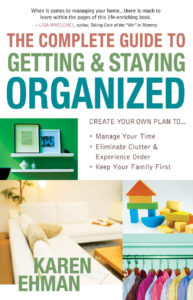We had just returned from a visit to Frankfurt, Michigan, the town where my husband’s Grandma Ehman lived in an adult-care home. The victim of a stroke years earlier, Grandma had regained use of one side of her body and walked with a cane. Her days now consisted of reading and watching television. She closely followed her beloved Detroit Tigers baseball team, writing down the statistics in a book as she watched or listened to the game. She tried to remain active and attend an occasional church dinner or ladies luncheon. Her days were unhurried, her existence simple.
While there, I had spied Grandma’s to-do list on her dresser; it looked something like this:
Write Fred and Carol.
Call Doug and Shirley about Thanksgiving.
Watch ball game.
Ride exercise bike for 20 minutes.
Help set table for supper.
Read church bulletin.
Play cards with lady down the hall.
Listen to Don Ho record before bed.
Later, as I sat wallowing in my self-pity and lamenting that I never get my to-do list done, I suddenly thought about Grandma Ehman. I could honestly say she was the only person in my life who crossed off every single item on her to-do list each day.
But wait! What had Grandma said to me just the day before? “Oh, how nice—you get to be home enjoying your children and watching them grow up. How much activity there must be at your house these days! I’ll bet there isn’t a moment of quiet. I’d give anything to have one more day with all my babies at home.”
It was then I began to realize I had become a slave to my list. Whether it was an actual printed piece of paper or merely the one I had crafted in my mind, if I didn’t check off all the items each day, I felt like a failure. More crucially, I acted like a failure.
I needed to rethink my whole outlook on life as a mom. While performing a job in the workforce, lists are important. They provide direction. They keep us on task. They offer a means for measuring how our time was spent during our shift. But as a mom, life is different. Trying to approach motherhood like a job left me completely bewildered. I felt I was accomplishing little if my plans were thwarted and my list was left undone. In reality, God had plans much more important for me, involving things to do that often involved a hidden service for him. Endlessly rocking a feverish baby, holding a crying boy with scraped knees and a bruised ego, stopping to talk with a teen as she sorted out the issues of life or just wanted to chat about the latest hairstyles. In his eyes, these were all important actions he had for me that day. I never even had them written on my list.
Please don’t misread me and suppose I am against lists and plans and being proactive. Not in the least! I have, however, had to adjust how I view to-do lists. They are no longer my taskmaster and I their slave. Instead, they are my personal Global Positioning System (GPS), pointing me in the right direction but allowing me to still listen to God asking me to alter my course for a while. And I still look for shortcuts that will allow me to get more accomplished in less time so I can savor the sweet moments in life, the ones that Grandma relived in her mind over and over again.
Remember, we aren’t shooting for perfect, flawless, or anything close. We aren’t going to fool ourselves into thinking we’re going to get it all done and have it stay that way. We know better. We’re aiming to (1) find the rhythm that is ours—a flexible routine that allows for interruptions from God and ministry to others, and (2) seek to set the bar where it works for our families and lifestyles.
You can do it! Be patient. You won’t be perfect, but who would want to be anyway?
 From The Complete Guide to Getting and Staying Organized by Karen Ehman
From The Complete Guide to Getting and Staying Organized by Karen Ehman


I have worked out of the home all my life. Now, I am dealing with an illness and can’t work out of the home. Looking for something to help me gain balance in home.